- TOP >
- Interested in joining us? >
- Messages from senior researchers
Message from Alumni
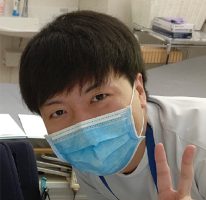
Shohei Nakajima
- Year of Graduation
- 2018
- Current Affiliation
- Department of Nursing, Teikyo University
In graduate school, I conducted research on patients undergoing hematopoietic stem cell transplantation and their families. Currently, while conducting research on post-transplant follow-up outpatient care, I try to practice nursing based on evidence from articles and other sources in my daily work. Although there are many difficulties in my clinical work after my graduate studies, I am once again glad that I went on to higher education because it has made me more aware of the care I can provide to families.
There were seven of us in my class at that time, and we still communicate with each other online. I have found irreplaceable friends with whom I can discuss trivial matters, my current work and research, and my future career.
In the Family Nursing Department, you can consider research on families with various developmental issues. You will be exposed to research in many fields such as pediatrics, maternity, and geriatrics, and the research environment is very conducive to learning diverse research methods. I was able to listen to lectures by prominent foreign professors at GNRC seminars, and received guidance in presenting at conferences and writing papers.
The professors are very kind and enthusiastic in providing guidance. I encourage you to contact this department for more information.
Seigo Suzuki
- Year of Graduation
- 2018
- Current Affiliation
- Department of Nursing, Faculty of Medicine, Tokyo Medical University
In the process of supporting the transition to home as a nurse in a pediatric ward, I became interested in nursing support for children who require medical care such as suctioning and tube feeding on a daily basis (children with medical care) and their families. I wanted to study the concepts and methodologies required for research that viewed the whole family as a subject of nursing care.
In the seminars in the field of family nursing, I was able to gain new insights each time by frankly exchanging opinions about each other’s research with class members who had clinical and research experience in various fields. The research subjects of the graduate students who were enrolled in the program at the same time included family members of adult cancer patients and people who had lost a family member, and their situations varied from cases that were not easy to approach within medical institutions to cases in which consideration to psychological burden was extremely important.
During my tenure, I was able to present a case study at a family care case study group and write a paper about it, conduct a nationwide survey of parents of children with medical care using a health-related quality of life scale, and conduct an intervention study on support for transition to adult care in the pediatric outpatient department at the University of Tokyo Hospital. As a university faculty member, I am currently conducting research focused on the transition of children with medical care to adult health care, including care for their families. This is a research project that developed from my experience of supporting the transition to adult health care as a member of a joint research team between the Department of Family Nursing and the staff of the University of Tokyo Hospital, and from the questions I had in my clinical practice, which I have been working on throughout my doctoral program.
For those of you who are considering entering the field of family nursing, you will be surrounded by a wide variety of research studies linked by the keyword “famiily,” come into contact with the actual experiences of many patients and their families, and repeatedly consider what it means to be patient- and family-centered, while expanding your perspective in conducting nursing research that will contribute to clinical practice. I believe that this will be a valuable experience that will broaden your perspective on conducting nursing research that contributes to clinical practice.
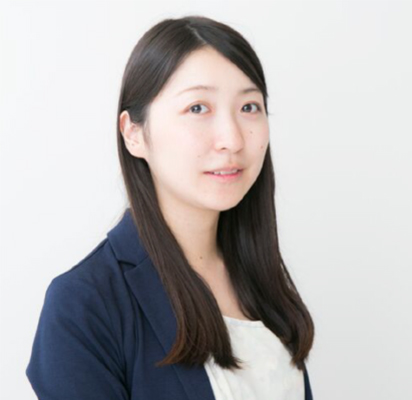
Yuki Matsubara
- Year of Graduation
- 2014(Graduate)/2010(Undergraduate)
- Current Affiliation
- Japan Nursing Association Nursing Training School Education and Research Department
My first encounter with family nursing was in a university lecture. I remember being exposed to the theory and being intrigued by the idea of approaching the family as a system. As my practical training progressed and I realized the need to understand patients from both medical and lifestyle perspectives, I found it interesting and chose the field of family nursing. In fact, while working as a post-graduate nurse, I realized that family nursing is necessary for appropriate care and decision-making, and I saw the potential for care that includes family members, which can be provided only through nursing. I wanted to be involved in the evidence, systems, and structures that form the foundation of nursing care, so I entered the master’s program in the field of family nursing.
In the classroom, there were professors, seniors, and juniors with various research themes (from maternity to near-death care). Everyone was interested in the “family,” and we were examining various methods of measurement and analysis for each target family form. Therefore, although my research theme was pediatrics, I remember that after presenting my research at the conference, we sometimes had heated discussions about how we could capture what we wanted to know this time, which was an unforgettable experience.
In my current job, I collect and analyze information and think about how it should be done by asking opinions from people in clinical settings and various other places. I feel that the experience I gained in graduate school in logical thinking and the search for the truth by considering various viewpoints has been put to good use.
I think that the trigger for further study can be anything, such as an awareness, a question, an awareness of a problem, or a regret. No matter what stage of the life cycle you are interested in, why not dive into the world of research with an intellectually inquisitive mind, working with professors who have diverse experiences in capturing “family” events?
Message from Graduate Students
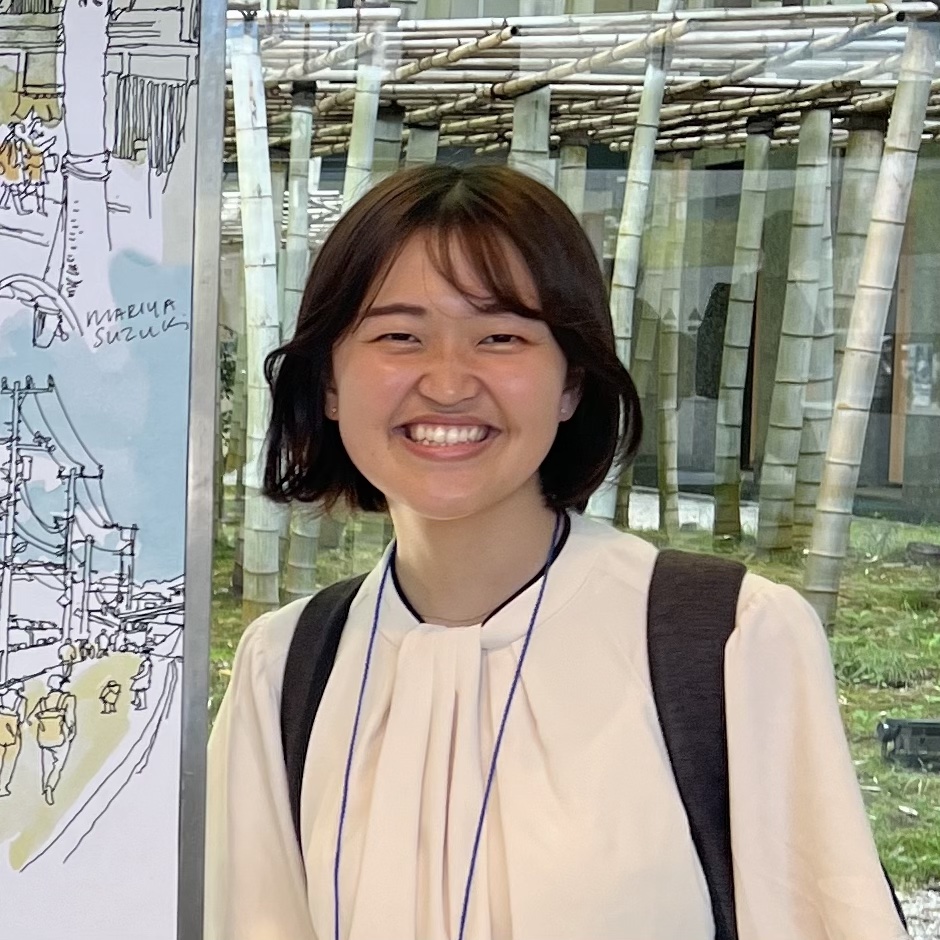
Yui Shimoyama(Master course)
I have been in the Department of Family Nursing since my fourth year of university. I learned a lot from the faculty members in this department. They embraced my interests and supported me to pursue my research. While I was excited to explore my interests, I also faced challenges. The reason I was able to overcome these difficulties was because of the support I received from the Family Nursing members. I felt comfortable in an environment where they respected my goals and encouraged me. This experience led me to decide to enter graduate school. Every day, I spend fulfilling time, even while facing new challenges. I look forward to meeting you all as colleagues who will support each other and as peers who appreciate each other’s efforts.
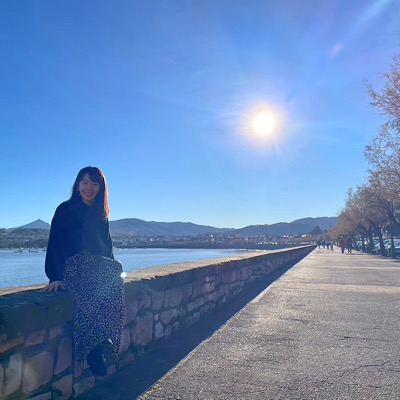
Shizuho Hori(Master course)
I have worked as a nurse in pediatric intensive care and child psychiatry, and I hold a license as a psychologist. My interest lies in the support provided to children with developmental traits and invisible struggles, which motivated me to pursue graduate studies. Currently, I focus my research on children’s mental health, particularly exploring “social camouflage behavior” during adolescence. Like a family, this department provides a warm and supportive environment, helping me navigate research challenges. If you are interested in nursing related to families, you may find new perspectives here. I look forward to learning together!
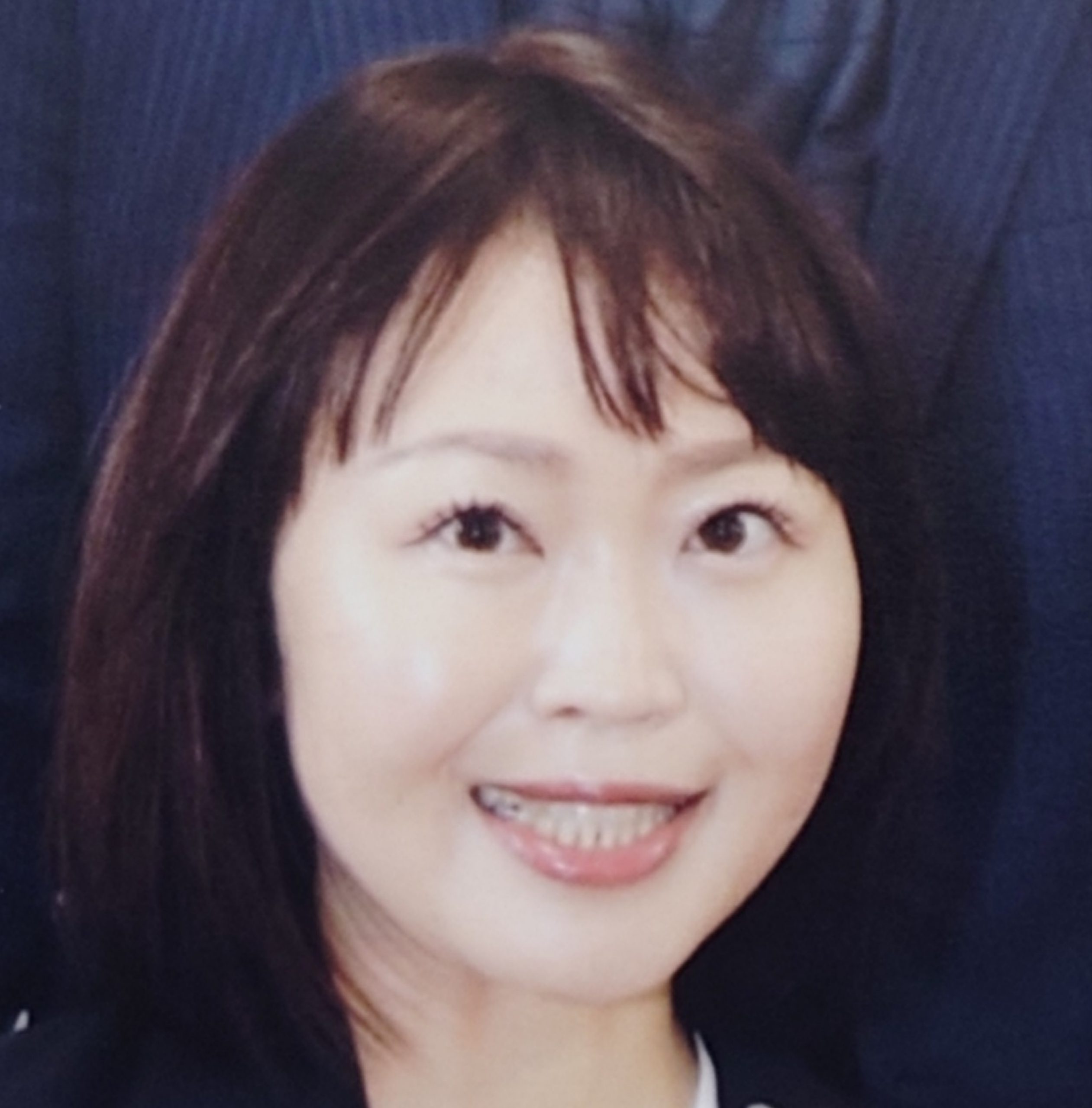
Maki Kato(Master course)
I had been working as a public health nurse for 15 years and was engaged in maternal and child health and mental health services in the community. What led me to enroll in graduate school was my own experience of breast cancer. It allowed me to stop and think about my future life and how I could contribute to society. I want society to be as good as possible for the children leading the next generation and their families. This motivates me to engage in my studies and research while thinking daily about what I can do to make them happy. In the Department of Family Nursing, I am blessed with wonderful professors, highly motivated seniors, and colleagues who encourage and provide me with enthusiastic guidance. I still have much to learn, and I look forward to meeting and learning with many new fellows and researchers.
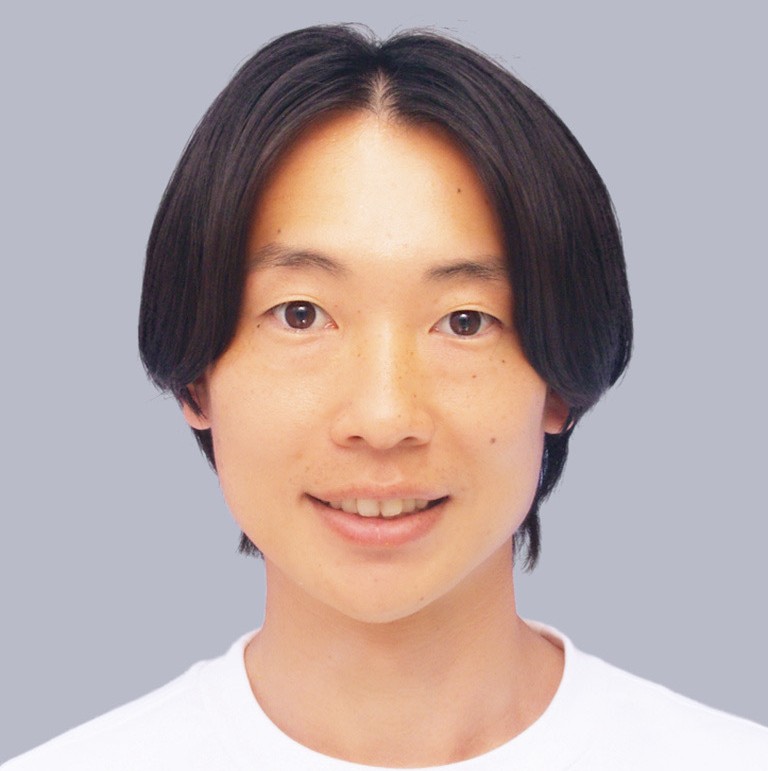
Keisuke Niida(Master course)
Before pursuing graduate studies, I worked in the NICU and pediatrics, where I realized that children in need of care are not only those in hospitals but also those in infant care homes. This realization came from my experience of connecting children discharged from the hospital to infant care homes. I also worked in an infant care home, transferred to a university, obtained my social worker certification, and proceeded to graduate school. The Department of Family Nursing comprises students and professors with diverse research interests, ranging from childcare to adult and perinatal care. Whether you want to deepen your knowledge from undergraduate studies or have clinical experience and a strong sense of purpose, I believe you will have a fulfilling graduate school life under the thorough guidance of our professors. Let’s learn together!
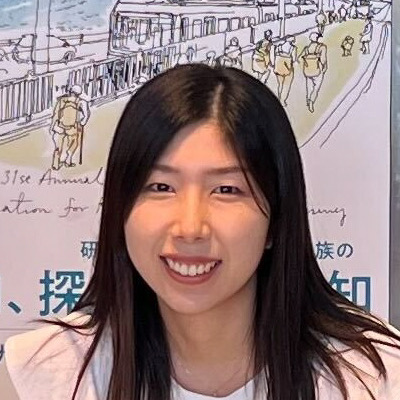
Misaki Akiyama(Master course)
I have worked as a midwife in obstetrics and NICU. As a midwife who touches families’ entire lives, I decided to pursue further education to provide care that supports mothers and children and the whole family. I’m surrounded by professors and colleagues with diverse backgrounds and research interests in this department. I find myself learning far beyond my initial areas of interest every day. It’s an incredibly enriching environment for anyone interested in family nursing. I’m looking forward to learning with new peers.



